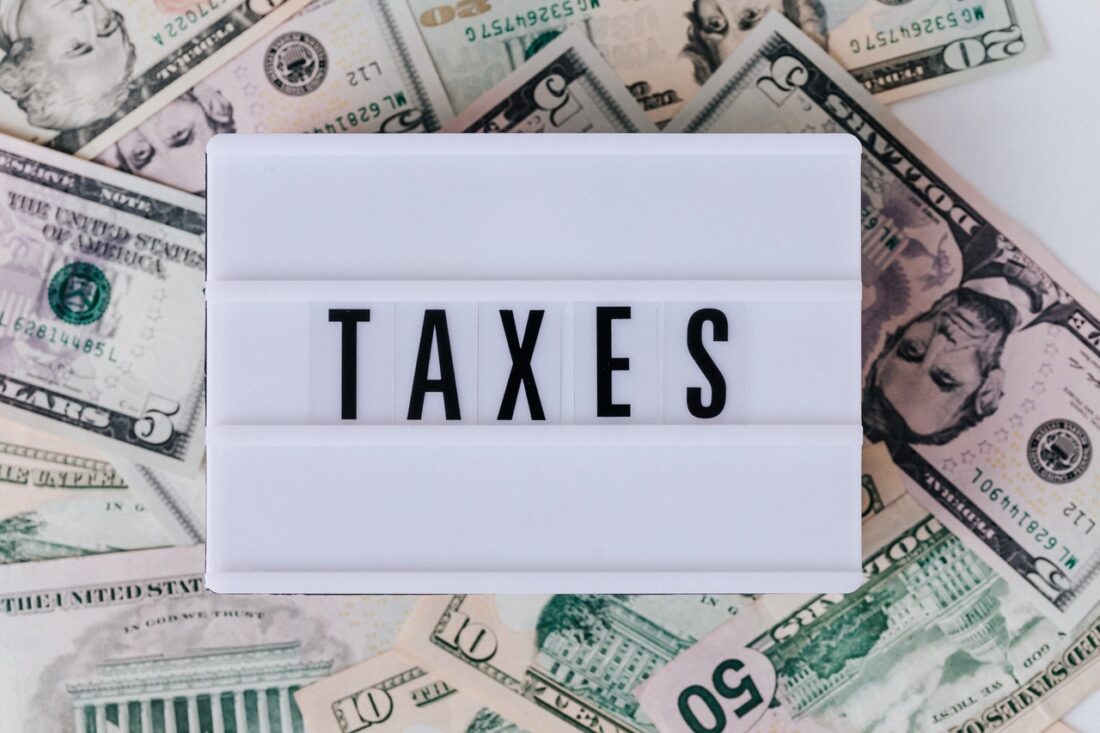Optima Tax Relief Reviews Common Tax Refund Myths
 Most taxpayers who’ve had their earnings withheld can anticipate a tax refund once their tax return has been accepted and processed by the Internal Revenue Service. However, there are certain myths about tax refunds that can lead to confusion about the amount you can expect to be refunded. Optima Tax Relief reviews a few of these myths, and provides the facts that can help you better understand how your refund will be determined.
Most taxpayers who’ve had their earnings withheld can anticipate a tax refund once their tax return has been accepted and processed by the Internal Revenue Service. However, there are certain myths about tax refunds that can lead to confusion about the amount you can expect to be refunded. Optima Tax Relief reviews a few of these myths, and provides the facts that can help you better understand how your refund will be determined.
Myth: If you get a refund this year, you won’t have to adjust your withholding status for the 2020 tax year.
Fact: It’s always advisable to check your withholding status to make sure your employer is withholding the correct amount from your wages. The IRS offers a withholding estimator tool on the irs.gov website that can help you understand how much you need to withhold to meet your tax year obligation and receive a refund on next year’s taxes.
Myth: If you call the IRS or your tax preparer, you can get your refund faster.
Fact: Not only does this not guarantee a faster refund, you probably won’t even find out your refund status as quickly as you would if you used the online Where’s My Refund Tool. Although the telephone assistance representatives and the automated hotline have the same information as the online refund tool, the hold times can be considerable, so it’s often far faster to simply use the website or app.
Myth: There’s no deposit date on the Where’s My Refund tool, so it must be wrong.
Fact: Information is updated daily on the Where’s My Refund tool. If the refund date hasn’t been posted, it could be for a variety of reasons. If your refund has been halted or is taking more than 21 days due to a problem with your return, you will receive a notification by mail.
Myth: You should order a tax transcript to get your refund date faster.
Fact: Tax transcripts are records of taxpayers’ tax returns for a particular year after the return has been processed. Transcripts contain information about a taxpayer’s Adjusted Gross Income and different schedules and forms. It does not provide any information about upcoming refunds.
For more information about tax refunds, please visit the irs.gov website.
Sponsored content









